|
|
|
|
|
| Cold
War Recon ReunionóSponsored by Air Force
Museum for units that flew/supported Reconnaissance (RB-17, RB-29, RB-50, RB-57, RB-36, RB-47, RC-130, RC-135, U-2/TR-1, SR-71) from 1945 to present; scheduled for fall 2003 in conjunction with completion of the museumís Cold War (reconnaissance) Annex. Contact: W.H. Ernst, 410 Greenbriar Ct., Bellevue, NE 68005, e-mail: billernst@aol.com, or J.H. Kovacs, 564 Sartell Dr., Fairborn, OH 45324-5745, e-mail: jla2c3k@aol.com. |
|
|
|
|
![]()
http://groups.yahoo.com/group/RC135SNOOP
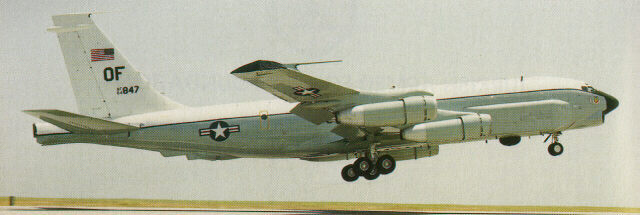
Combat Sent
- A/C 847 from Offutt AFB
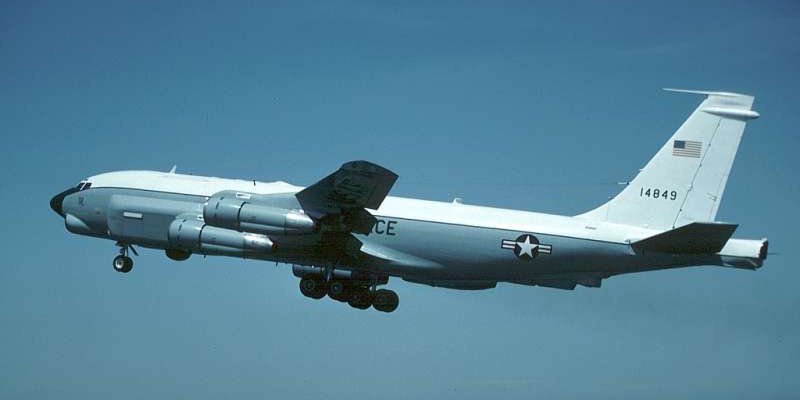
Combat Sent
- A/C 849 from Offutt AFB
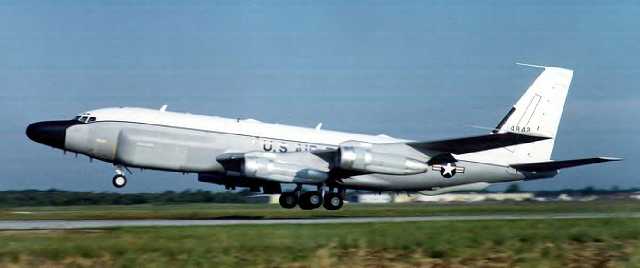
Rivet Joint
- A/C 842 from Offutt AFB
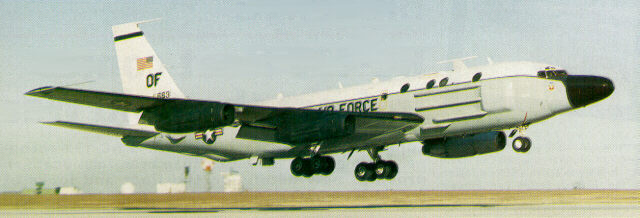
COBRA BALL
- A/C 663 from Offutt AFB
Specification: RC-135
The basic
airframe of the RC-135 resembles that of a slightly larger Boeing 707 from
which it is derived. Having a long service career, RC-135s originally flew
from remote bases in Alaska and elsewhere to collect data on Soviet ballistic
missile testing during the Cold War. With the use of
passive
sensors, the RC-135 gathers imagery intelligence (IMINT), telemetry intelligence
(TELINT), and signals intelligence (SIGINT).
The present RC-135 fleet of 21 aircraft currently consists of four varieties: two RC-135S Cobra Ball, one RC-135X Cobra Eye, two RC-135U Combat Sent, fourteen RC-135V/W Rivet Joint, and 2 RC-135 trainers. The types are assigned to USAF's 55th Wing at Offutt AFB, Nebraska.
RC-135s saw action during the Gulf War, supplying intelligence through datalink to AWACS and navy command ships.
Prime contractor:
Boeing
Nation of
origin: USA
Function:
Reconnaissance
Crew: 4
on flight deck, up to 32 total
In-service
year: 1956
Engine: Four Pratt & Whitney TF33-PW-9 non-afterburning turbofans, 18,000 lb thrust each
Dimensions
Wing span:
39.88 m / 130 ft 10 in
Length:
42.82 m / 140 ft 6 in
Height:
12.7 m / 41 ft 8 in
Weight: 150,000-160,000
lb empty / 298,997 lb max. take off
Ceiling:
41,750 ft
Speed: 966
km/h / 600 mph
Range: 9,100
km / 5,650 miles
================
Rivet Joint
History
By Bill
Ernst
Rivet Joint all began with a study or paper that emerged out of Air War College circa 1970. The basic premise was that we were to take the capabilities that currently existed in the RC-130 birds and the RC-135 fleets and advance the technologies into a single fleet of RIVET JOINT aircraft to do the joint SIGINT mission. The airframes to be modified were the RC-135C models at Offutt and the RC-135M models at Kadena. The first to be modified were the C models into Block I, RC-135 V aircraft (tail numbers 848 and 841 through 846). The major new system to go into was the Automatic ELINT Emitter Locator System (AEELS). These were followed by the six M Models that differed from the C Models in that they were equipped with the TF-33-V9 engines with thrust reversers (like the Cobra Ball) and were redesigned RC-135W. Tail numbers 847 and 849 were to remain as the S & T Combat Sent Aircraft.
In 1976, 848 was chosen to be the testbed for the new concept of a totally automated COMINT system. The Multiple Communications Emitter Locator System (MUCELS) was a giant leap forward in technology and provide a tremendous challenge and was met with quite a bit of resistance from the more senior manual system operators. After this concept was proven, 848 went back to the factory once again to be demodified and the first to be remodified to the Block III, automated collection system. We were initially given approval to modify only 6 and then 12 of the 14 aircraft in the fleet. It wasnít until about 1983 that we finally got Congress persuaded to authorize the modification of the entire fleet of 14 aircraft.
Meanwhile, study after study was done to determine how many of these SIGINT, tactical support platforms were necessary to support the war fighting CINCís based on the National Security requirements. Additionally, a system of continuous upgrades of the collection systems was developed to keep up with the ever-changing threat and requirements developed by the CINCís.
While the sensor systems upgrades are too numerous and sensitive to go into, suffice it to say, that the aircraft have become the War fighters platform of choice during and after the Desert Storm and gave new emphasis to expanding the fleet. Now, no War Fighter will go into battle without the Rivet Joint on station with the AWACS. Even the AWACS and the JOINT STARS won't go into combat without the RJ to provide critical air and ground threat information. They make an awesome threesome. The RJís, on the other hand, fly most everywhere alone, unarmed and unafraid.
Back in 1983 before I retired and while I was in SRC, we weighed various options on re-engining and fleet expansion. The Congress passed a bill that mandated re-engining all 135 aircraft. Of course, the RCís were at the back of the pack and while SAC decided not to have thrust reversers on the tankers, we held fast to our requirement for the thrust reverser equipped engines. It seemed to me at the time that rather than spend upwards of $300m for re-engining, we should consider buying new airframes (C-17ís) and get rid of the old high time airframes. At that time (1984) aircraft tail number 139 (RJ-14) had over 30,000 hours. As I left the AF and went to work for E-Systems re-engining got more and more expensive until Circa 1990 the price tag was about $33.5M per airframe; Congress balked and the program was canceled. It was because of the successes we enjoyed during Desert Storm that two things happened. Congressional language reflected that we needed to add two more Rivet Joint airframes to the fleet. The Wing and AFMC then fell on their respective swords and stated that the airframes had to be re-engined even if it meant losing two additional airframes that had been approved. Due primarily to the continuous efforts of L. Mitchell, money was appropriated for both re-engining and the additional two airframes. The pictures you have been seeing are the first aircraft to be re-engined and RJ-15 and 16 will be delivered later this year. Additionally there are rumors that there may be two more airframes modified to the latest RJ configuration.
Meanwhile, the Cobra Ball has been in such high demand all over the world. Everybody and their brother is testing new missiles of all different sizes and capabilities. Again due to some straight talk and many hours of briefing the right people, Congress allocated enough money to modify a third airframe. The Cobra Eye platform (an Army funded program that the AF operated out of Shemya before the program was terminated) has been modified into the third Cobra Ball airframe and should be delivered soon.
Perhaps this gives you a thumbnail sketch of what is happening with the 55th Wing expansion and why they are reactivating the 338th as a training squadron.
==========
| Tail Number | Model | Type |
| 61-2662 | RC-135S | Cobra Ball |
| 61-2663 | RC-135S | Cobra Ball |
| 62-4125 | RC-135W | Rivet Joint |
| 62-4128 | RC-135S | Cobra Ball |
| 62-4130 | RC-135W | Rivet Joint |
| 62-4131 | RC-135W | Rivet Joint |
| 62-4132 | RC-135W | Rivet Joint |
| 62-4134 | RC-135W | Rivet Joint |
| 62-4135 | RC-135W | Rivet Joint |
| 62-4138 | RC-135W | Rivet Joint |
| 62-4139 | RC-135W | Rivet Joint |
| 63-9792 | RC-135V | Rivet Joint |
| 64-14841 | RC-135V | Rivet Joint |
| 64-14842 | RC-135V | Rivet Joint |
| 64-14843 | RC-135V | Rivet Joint |
| 64-14844 | RC-135V | Rivet Joint |
| 64-14845 | RC-135V | Rivet Joint |
| 64-14846 | RC-135V | Rivet Joint |
| 64-14847 | RC-135U | Combat Sent |
| 64-14848 | RC-135V | Rivet Joint |
| 64-14849 | RC-135U | Combat Sent |

Bill
"Superspy" Boltinghouse|combatsent@qwest.net
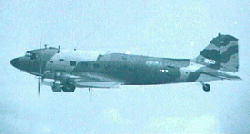
The
"Electronic Gooney" EC-47 ARDF Mission
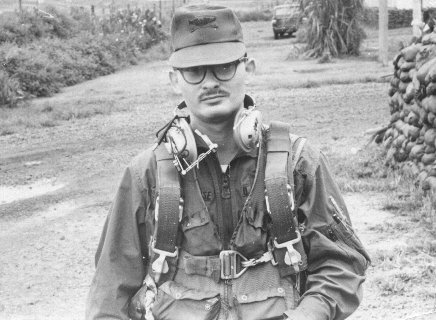
Prior
to an EC-47 ARDF Mission at Pleiku
![]() Please
Visit the Silent Warriors Web Site
Please
Visit the Silent Warriors Web Site
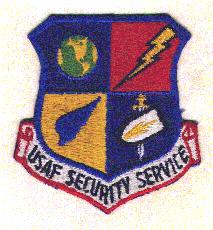
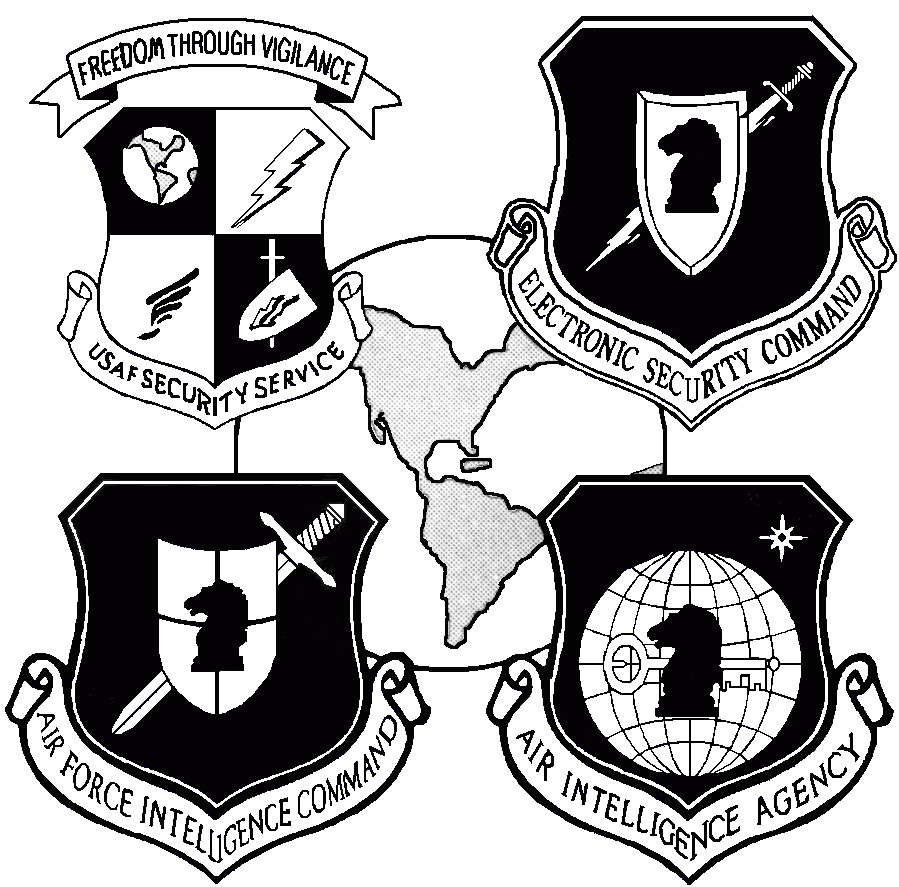 Freedom
Through Vigilance Association
Freedom
Through Vigilance Association
 |

